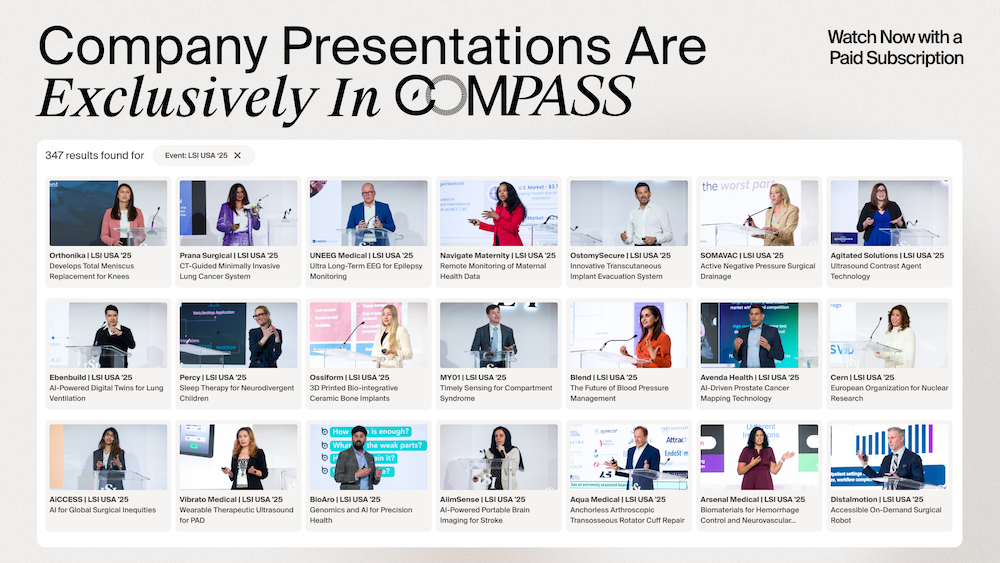- Video Library
- Bruce Ramshaw, Caresyntax - Making Surgery Smarter | LSI USA '24
Bruce Ramshaw, Caresyntax - Making Surgery Smarter | LSI USA '24
shaping the future of
Medtech at LSI USA ‘26
Waldorf Astoria, Monarch Beach

Bruce Ramshaw
Experienced surgeon and entrepreneur with a history of working in surgical leadership positions for over 15 years. Skilled in Medical Devices, Biomaterials, Data Science, Complex Systems, and Healthcare Management. Recently joined Caresyntax as CMIO as part of the acquisition of CQInsights.
Bruce Ramshaw
Experienced surgeon and entrepreneur with a history of working in surgical leadership positions for over 15 years. Skilled in Medical Devices, Biomaterials, Data Science, Complex Systems, and Healthcare Management. Recently joined Caresyntax as CMIO as part of the acquisition of CQInsights.

17011 Beach Blvd, Suite 500 Huntington Beach, CA 92647
714-847-3540© 2026 Life Science Intelligence, Inc., All Rights Reserved. | Privacy Policy







